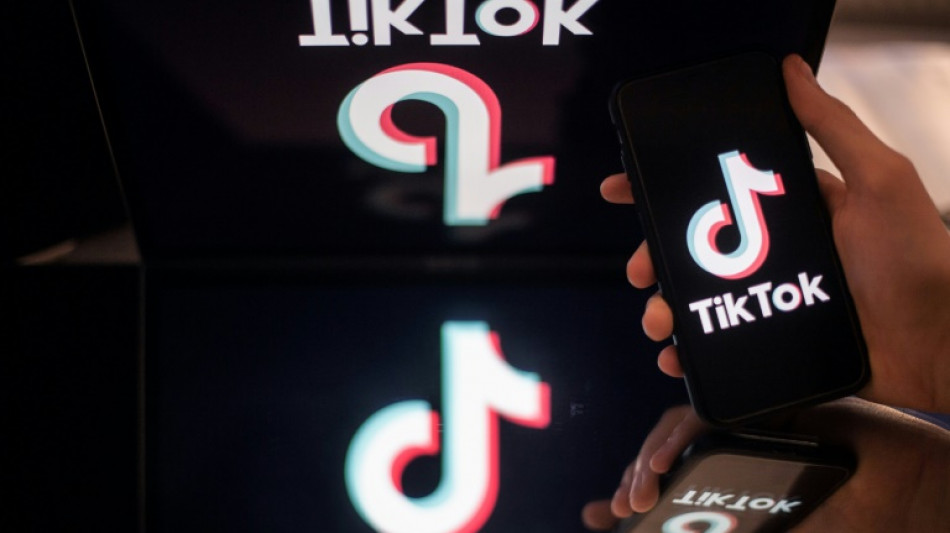
RBGPF
0.1000


The diabetes drug Ozempic has become a social media phenomenon for its weight loss properties, but its soaring popularity has led to global shortages and doctors warn about the potential side effects.
Videos under the hashtag #Ozempic have nearly 600 million views on TikTok, where many users regularly update followers about their weight loss.
"Losing 40 kilograms (88 pounds) in less than three months is possible" thanks to Ozempic, a French TikToker said in a typical post in December with nearly 50,000 views.
"It's a miracle," he added.
The injectable drug from Danish pharmaceutical firm Novo Nordisk was initially developed and approved in numerous nations to treat type 2 diabetes.
The drug's active ingredient, semaglutide, binds itself to the receptors of a hormone which controls blood sugar, stimulating the release of insulin when glucose levels are high.
It slows down how quickly food leaves a person's stomach, reducing their appetite.
In early 2021, peer-reviewed research found that almost three quarters of people who used the drug lost more than 10 percent of their body weight.
Novo Nordisk has since developed a semaglutide drug with a higher dosage called Wegovy specifically to treat obesity, which was approved for use in the United States in 2021, and in Europe and the UK last year.
Wegovy is not yet on the market in the UK, France or several other countries, but Ozempic is available with a normal prescription.
- 'Not a magic drug' -
This has led to a rise in people without diabetes obtaining prescriptions for Ozempic, as well as "falsified prescriptions," said Jean-Luc Faillie, a pharmacology specialist at France's Montpellier University.
Douglas Twenefour, head of care at Diabetes UK, said on the charity's website that Ozempic "is not a medication for people who do not have diabetes or are at risk of type 2 diabetes".
France's medicines regulator ANSM has urged doctors to only prescribe Ozempic for diabetes.
There has not been a particularly "sudden increase in consumption in recent months," the ANSM said, adding that there had been "supply tensions" worldwide.
Novo Nordisk told AFP that "stronger than anticipated demand" for Ozempic had resulted in "intermittent availability and period stock-outs" around the world.
The company's global manufacturing facilities "are now operating 24 hours, seven days a week" to bridge the gap, it added.
Doctors have expressed concern that people with diabetes may not be able to get hold of semaglutide because of the soaring demand from people seeking to lose weight.
Karine Clement, an obesity specialist at France's INSERM medical research institute, said that when Wegovy does become available, it is important that people closely follow their prescription.
"It is not a magic drug," she said. "As is always the case with obesity, it must be accompanied with a comprehensive treatment plan."
- Side effects -
Doctors have also expressed concerns about the side effects of semaglutide, which Faillie said have gone under-discussed.
"Neither patients nor prescribers are motivated to report" the side effects, he said.
Nausea is the most common side effect of the drug.
But Faillie said "there are also rarer and more serious risks such as acute pancreatitis -- which can occur even at lower doses -- biliary disorders, and rare cases of severe constipation which can lead to bowel obstruction."
He also pointed to an "increased risk of thyroid cancer" following several years of treatment.
While the risks were reasonable considering the benefits for people with diabetes, "there are still uncertainties, particularly in obese patients over the long term," he said.
"If it is used to lose a few kilograms, then the therapeutic benefit is zero," Faillie added.
"That would just be cosmetic, while the risks remain."
S.Davis--ThChM